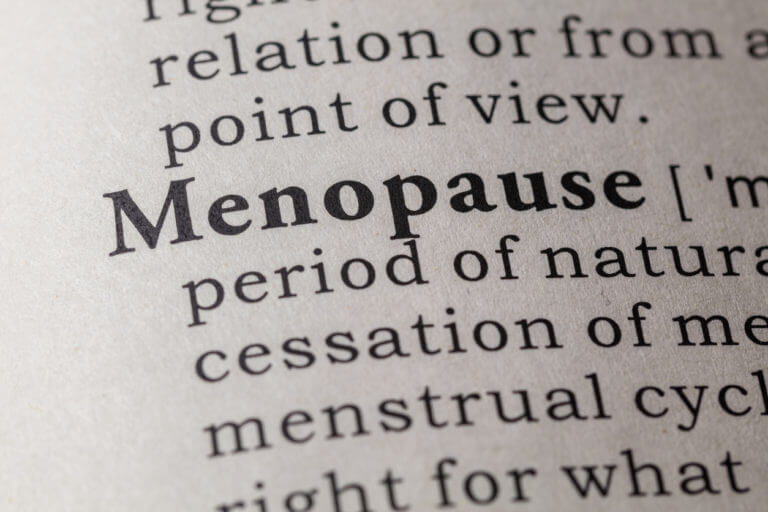A common misconception that many people have is that gynecological care is only needed for women of child-bearing age. After all, gynecological care is very much focused on reproductive health, so once that phase of a woman’s life is over, why see a gynecologist? Nothing could be farther from the truth. Gynecological care is necessary
Read MoreMenopause
Menopause: What to Expect
The cessation of a woman’s monthly menstrual cycle marks the end of their reproductive years and the onset of menopause. This typically starts in a woman’s late 30s or 40s, and the first phase is called perimenopause, meaning “around menopause.” This first phase of menopause is marked by erratic periods and possibly heavier-than-normal bleeding, which
Read MoreManaging My Menopause
Menopause occurs after a woman doesn’t menstruate for a period of 12 months. Menopause generally occurs between the ages of 45 and 55 in most women, and the menopausal transition can last for several years. During this transition, hormones in the body fluctuate, bone density decreases, and weight changes occur. Managing Symptoms Many symptoms are
Read MoreAre Bio-Identical Hormones Changing the Landscape of HRT?
For some, the idea of Hormone Replacement Therapy sounds like the plot of a new science-fiction movie; and this controversial option is not without its critics. However, many menopausal women find that this form of treatment alleviates the insufferable symptoms of an inevitable life passage they’re forced to face. Menopause is an eventuality that all
Read MoreA “Change” of Pace: Signs You May Be Going Through Pre-Menopause
She said, “But I’m only 49!” as she wiped her brow. Have you ever heard a friend utter a criticism like this in reference to early symptoms of menopause? They may actually be going through the stage known as Peri-menopause, or pre-menopause – which occurs during the time leading up to “the change”. Widely unpredictable,
Read MoreGynecologists and Menopause: How your Gynecologist can help you Deal with Symptoms
While you cannot technically get pregnant, women going through menopause could still be at risk for sexually transmitted diseases and other issues, just as earlier in life. Women affected by menopause should still get regular pelvic and breast exams by their gynecologist each year – this includes a pap smear. If your period starts to
Read More







